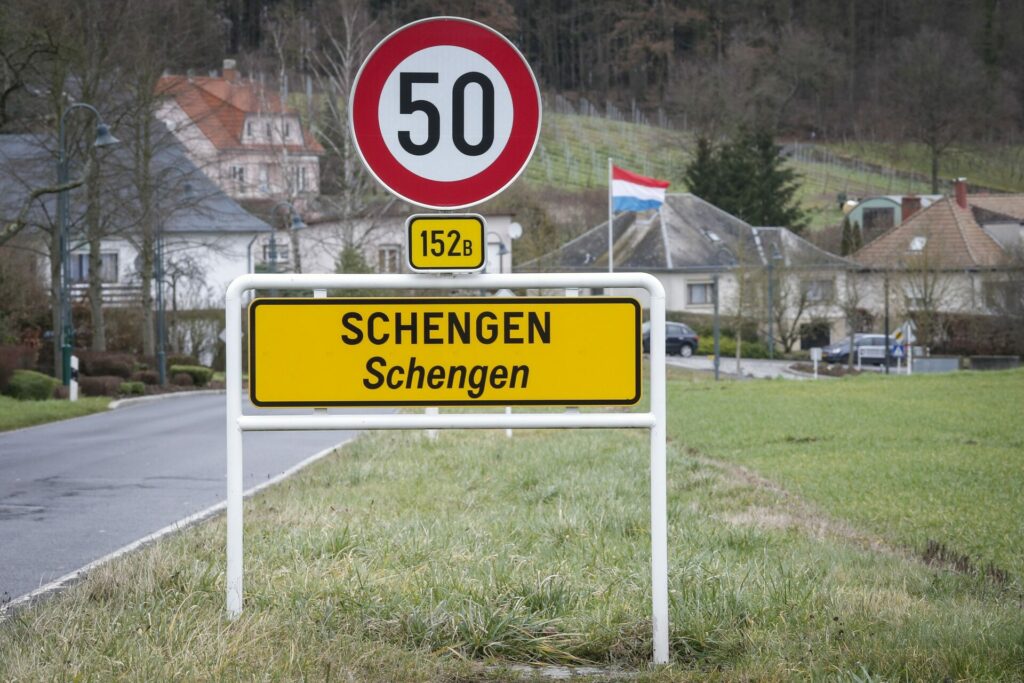Bulgaria and Romania are set to partially join the Schengen Area in the European Union from 31 March, according to an announcement on Saturday by the European Council.
The 27 EU member states unanimously agreed to lift border controls at these two countries' air and naval borders from this date onwards.
The Council added that a decision has not yet been made regarding the removal of passport controls at Romania and Bulgaria's land borders within the EU.
According to the European Commission, discussions on a date for a possible lifting of the checks on persons at internal land borders will continue in 2024 and a decision by the Council on this matter is expected to be taken within a reasonable time frame.
'A day of immense pride'
The Commission welcomed the unanimous decision by the Council which concluded 12 years of negotiations.
"Today marks a historic occasion for Bulgaria and Romania and a day of immense pride for Bulgarian and Romanian citizens," stated Ursula von der Leyen, president of the European Commission, in a press release.
The Commission has maintained since 2011 that both countries are ready to join the Schengen Area. Vienna previously vetoed this, in protest against a significant influx of illegal immigrants, before agreeing to alter its position in return for security assurances this month.
Related News
- Former European Commission President Jacques Delors dies aged 98
- Becoming Belgian: Who is eligible for citizenship, and how to apply
Sofia and Bucharest pledged to strengthen their fight against illegal immigration as part of a joint statement signed with Vienna. Both countries also committed to fully implementing EU law, stipulating that asylum requests are to be processed in the migrant's country of arrival.
To assist Bulgaria and Romania in protecting the external borders of the Union, substantial financial support and Frontex assistance will continue to be provided, the Commission says.
Romania and Bulgaria, EU members since 2007, were excluded by Austria in late 2022 from the Schengen Area, where 420 million people travel freely without internal border controls.
Established in 1985, the Schengen Area comprises 23 of the 27 EU member countries, as well as associated neighbours Switzerland, Norway, Iceland, and Liechtenstein. Cyprus and Ireland are not members of the Schengen Area. With Romania and Bulgaria, the Schengen area will grow to 4.5 million square kilometers with a population of 450 million.

